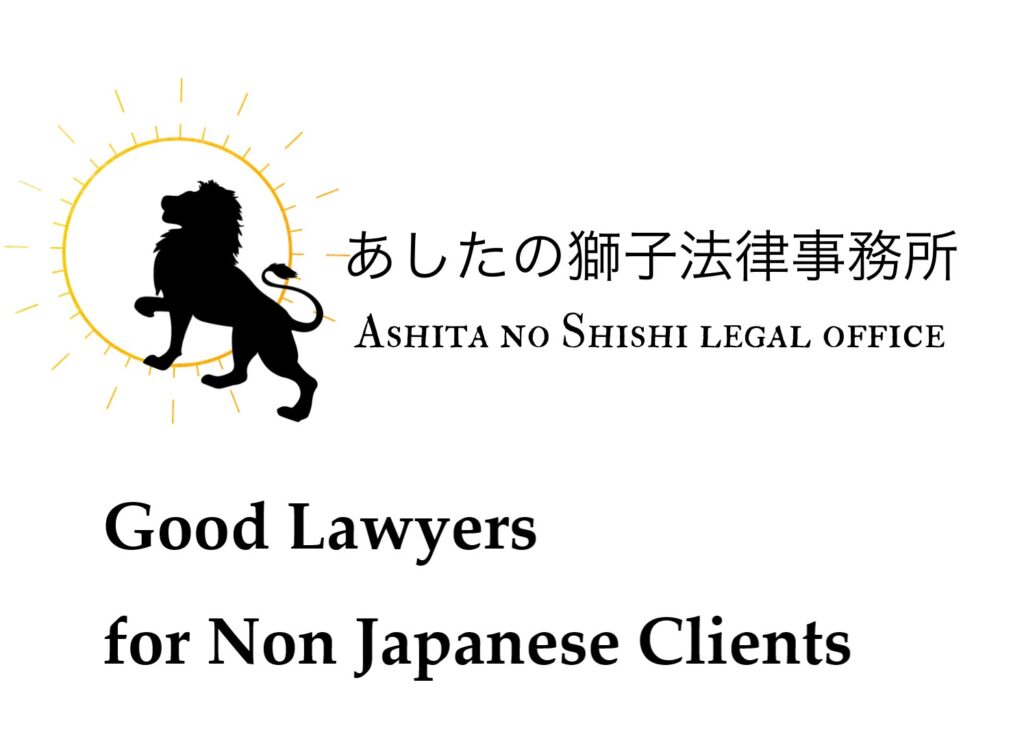The ALT Accounting Fraud Case: How an AI Startup Built Its Revenues on Circular Transactions
One of two high-profile accounting issues in Japan in 2025.
Introduction
In 2025, Japan saw two high-profile accounting problems surface almost at the same time.
One involved ALT, a fast-growing AI startup that relied on circular transactions to fabricate a large portion of its reported revenue.
The other involved Nidec, a global manufacturing group facing complex accounting irregularities at overseas subsidiaries.
Both cases raised questions about corporate governance and financial reporting in Japan, but the mechanisms behind them are very different.
This article looks first at ALT – a case built around a very direct and highly visible form of accounting fraud.
ALT and Its Flagship AI Products
ALT, founded in 2014, positioned itself as a next-generation AI company. At the center of its business were two main products.
AI GIJIROKU
ALT’s core service was AI GIJIROKU, a cloud-based tool that automatically transcribes meetings and online discussions.
It offers speaker identification, support for technical terms, and customizable dictionaries, and is sold on a monthly subscription basis.
The number of paid user accounts became the key performance indicator for ALT’s revenue.
Alt Knowledge (formerly P.A.I.)
The company also promoted a “digital clone” service called Alt Knowledge, designed to learn an individual’s linguistic patterns and knowledge so that the AI could respond “as if it were the user,” with potential applications in customer support and knowledge management.
In practice, however, most of ALT’s reported revenue came from subscriptions to AI GIJIROKU.
In October 2024, ALT went public on the Tokyo Stock Exchange Growth Market at an IPO price of ¥540, with an initial market capitalization of around ¥18 billion.
Less than a year later, the company would be delisted for accounting fraud.
The First Signs of Trouble: April 2025
From 2020 through 2024, ALT’s published financial statements showed rapid revenue growth.
The company explained this as the result of increasing adoption of AI GIJIROKU among corporate customers.
On April 25, 2025, however, ALT announced that it would postpone its earnings release and disclosed the “possibility of overstated revenues.” By then, Japan’s Securities and Exchange Surveillance Commission (SESC) had already begun an investigation. (Yahoo!ファイナンス)
A third-party committee was established to investigate the matter, and its report was made public on July 28, 2025.
The findings were severe.
According to the report, between the fiscal years ended December 2020 and December 2024, ALT had:
- Overstated sales by ¥11,908,531 thousand
- Overstated advertising expenses by ¥11,557,438 thousand
- Overstated R&D expenses by ¥1,313,000 thousand
In several fiscal years, roughly 80–90% of all reported revenue was identified as being affected by the fraud.
How ALT Created Its Sales: The Circular Transaction Scheme
The core of the fraud was a series of circular transactions.
The mechanics were straightforward but powerful enough to generate most of ALT’s reported sales.
ALT would first pay money to counterparties under the label of advertising expenses or R&D costs.
These funds then moved through intermediary companies and eventually reached designated “sales partners.”
The sales partners, using the very funds that originated from ALT, “purchased” ALT’s services, primarily AI GIJIROKU licenses.
ALT then recorded these flows as ordinary revenue.
In other words, ALT’s own money travelled in a loop and returned to ALT, yet was booked as genuine sales to customers.
No new external revenue entered the system, but ALT’s financial statements showed increasing sales.
The third-party report also found numerous cases in which:
- paid AI GIJIROKU accounts had never been used, or
- the accounts had not actually been issued at all, despite being treated as if they had been sold to end-users.
Internal controls over the entire revenue process – order intake, invoicing, account issuance, and confirmation of service usage – were effectively non-functional.
From IPO to Delisting in Less Than a Year
In late July 2025, following publication of the investigation report, ALT announced that its founder-CEO would step down, and several board members also resigned.
The market reaction was immediate.
ALT’s share price, which had been ¥540 at IPO and had once traded higher, fell to only a few yen. On August 31, 2025, the Tokyo Stock Exchange delisted ALT from the Growth Market.
A company that had been promoted as a flagship AI startup disappeared from the public market in less than a year after listing.
The third-party committee recommended a range of measures for any future structure, including stronger oversight by outside directors, enhanced audit functions, and the implementation of systems specifically designed to detect circular transactions.
How This Differs From the Nidec Case
The other high-profile accounting case in 2025, involving Nidec, is fundamentally different from ALT’s.
ALT’s misconduct centered on a clearly constructed loop of funds that created sales with no underlying economic substance.
By contrast, public reports on Nidec describe accounting irregularities and inappropriate accounting at overseas operations, with a third-party committee still investigating. At this stage, even whether there was intentional fraud in the strict legal sense has not been fully established.
Both cases have drawn scrutiny to Japanese corporate governance, but the mechanisms and fact patterns are not the same.
Next: Examining Nidec’s Accounting Irregularities
In the next article, we will turn to the Nidec case – a large, global manufacturer facing accounting issues driven not by circular sales schemes, but by the complexity of its business structure and overseas subsidiaries.












